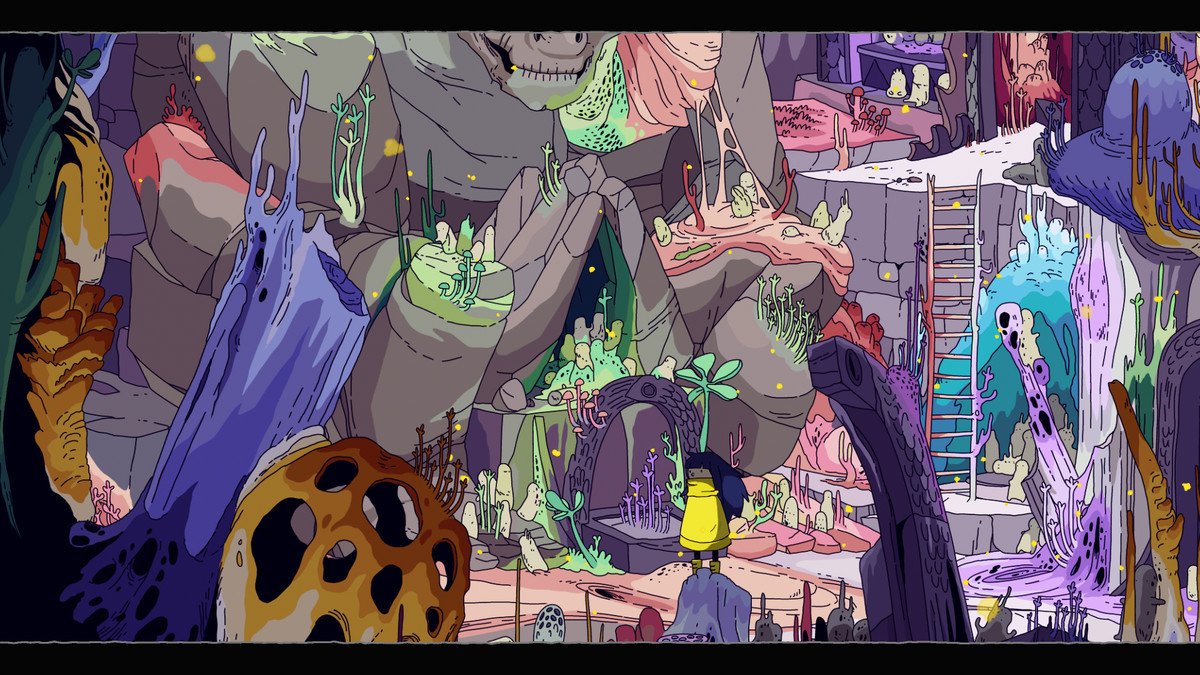

There are interesting things to say about allowing oneself to give up on a lost cause. There are interesting things to say about being the chosen one, or feeling that one is. But if it's meant as a metaphor, it's not a very well executed one. Are we supposed to not care if they suffocate? And what is the deal with the narrative presenting Mo as the one forcing the giants to go on and then finally allowing them to give up and die – weren't they the ones that set up the machines and then chose her to maintain them? It could of course be intended as a metaphor, Mo allowing them to give up and thereby allowing herself to do the same. The giants are presented as unselfish creatures who have toiled for ages to keep the humans safe. The initial premise is that keeping the engines running is a matter of life and death, making it super-weird when the characters and narration berates Mo for prioritising fixing the problem over hanging out with her family.Īlso, even if fleeing is an option the giants themselves are in immediate danger – something only Mo seems to care about. the narrator saying that the mist is as much a threat at sea as at land. Fleeing is not really presented as a viable option until late in the game, e.g.

No one else can do what she does, so it's not like other people can help. Mo is not presented as having had much of a say in the matter, being chosen at a young age by the giants. However, the execution of said themes is kind of sloppy. Braid and Shadow of the Colossus did: you do this thing which you think is righteous, but what if it's not? Does that mean you are, in fact, trying to justify actions that are in fact bad? Or what if what you're fighting for is a lost cause, and therefore not something you should keep making sacrifices for? Presumably they are going for the same thing as e.g.


 0 kommentar(er)
0 kommentar(er)
